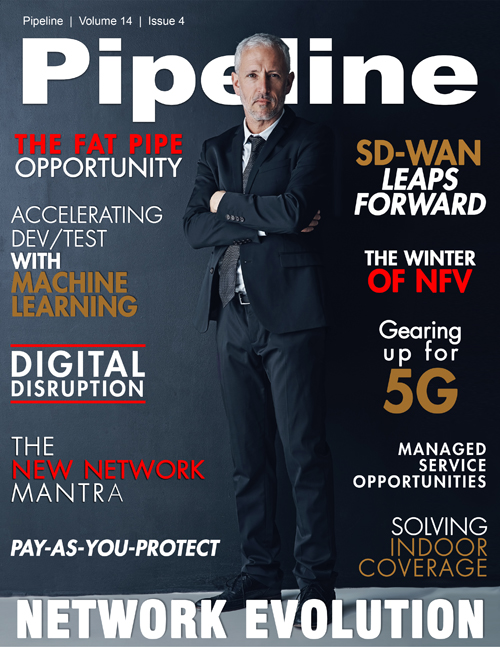Disrupt. Or be Disrupted.
Today, streaming accounts for 70 percent of the traffic on the Internet, which CSPs have to support with multi-billion dollar investments in next-generation 5G/LTE networks.
In 2000, Netflix was offered to Blockbuster for $50 million. The now practically dead video rental company declined the offer. Netflix is currently worth $70 billion and is very much alive, larger than all traditional content delivery companies (including iconic “television broadcasting companies” like CBS).
Elon Musk was not the founder of Tesla, despite urban legend. But he quickly and very successfully reinvented Tesla. The company’s 2008 launch of the Roadster was a disaster. But today, Tesla’s value is as big as General Motors, a company established in 1908.
Tesla's success is not rocket science, as its cars are more efficient ($13.66 for a full charge vs. $80 in fuel); faster (0-60 in 2.5 seconds); safer (stronger than utility poles); healthier (medical-grade air fills the cabins no matter what the air quality outside); cheaper (expected price of $35,000); easier (eventually driverless).
That brings us to Uber, where the pre-IPO valuation is nearly $70 billion, more than all the large rental car companies combined. Once again, Uber is a digital company, a digital disrupter despite owning zero cars.
Owning the assets is not where the value is today. Rather, value is created by monetizing assets through services that bundle those assets in compelling ways, accessible through ecosystems and
platforms that are intuitive and easy to use.
The price of a single New York City taxi medallion went from $1.3 million in 2013 to $241K today — yet another data point illustrating how digital DNA-based businesses are destroying incumbents in a matter of months, not years or decades.
We’ve been witnessing this disruption and destruction for years in the telecom industry, but at the same time, smart service providers are responding and seeing these shake-ups as huge opportunities.
Service providers have subscribers — and can keep and serve them — without handing them over to challengers like Google, Amazon, Microsoft, Apple, and messaging platforms like WhatsApp, Skype, Facetime, Snapchat, and the hundreds more building massive businesses on the backs of the service providers’ networks.
Time to Fly with the Innovators
Many established companies have avoided becoming outdated and irrelevant. IBM knows that few people today want to call an 800 number and sit in a queue to not have their questions answered. That is why IBM Watson is developing AI-powered bots and automation that helps make human agents more productive and pleasant.
SAP has developed an application that makes field service faster and more efficient. With an IoT/RTC solution, machines trigger a need for service, causing a technician to be dispatched before the customer even realizes there is an outage. The “ticket” is a digital experience that goes to the technician, while that customer’s account manager is informed about the fact that help is on the way. The technician receives the GPS instructions and information about the product that needs fixing, and in seconds is able to connect with a product expert in real time. Fix sorted, ticket closed, customer informed — a “truck roll” revolution.
New disruptors are emerging all the time. Five9, for example, is disrupting contact centers faster than Salesforce disrupted CRM, taking on incumbents like Avaya and Genesys to bring customers intuitive, friendly support. Cloud-based learning and talent development platform Braidio has integrated real-time communications capabilities, bringing training into the workflow for agile, collaborative learning in enterprises. And immmr, the start-up inside Deutsche Telekom, is delivering advanced OTT services to their subscribers, disrupting the industry instead of being disrupted.



















